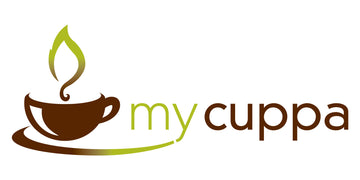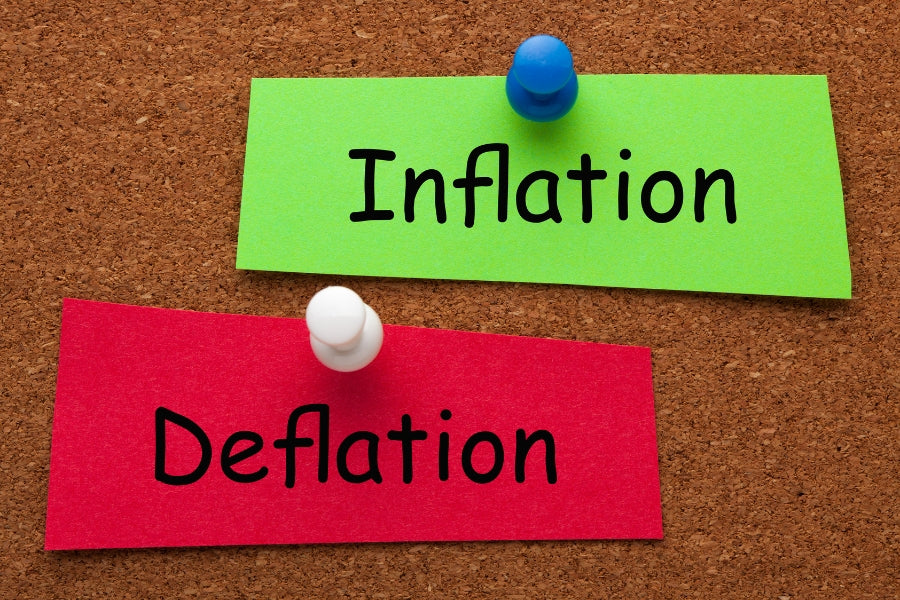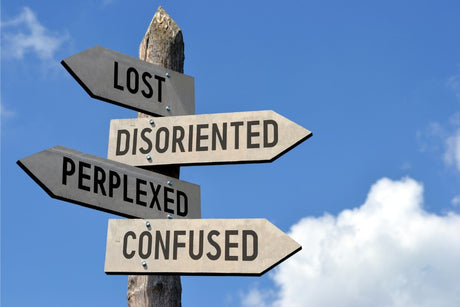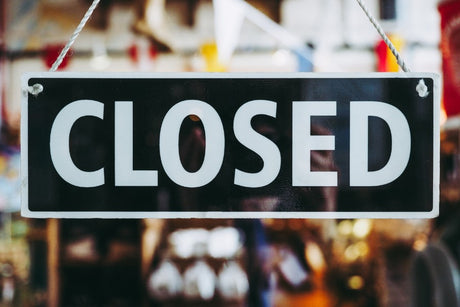At various times of the year, as new season coffees are negotiated by exporters and importers the market tends to lose a sense of stability.
This reflects an always present tension between the case for continued strong demand versus a perception of moderate supply inventories.
It remains quite difficult to predict the future price of coffee but one thing is for sure, prices are trending higher as consumers of this amazing elixir expect improved qualities.
The path of a coffee value-chain is never a constant or predictable journey, with an always present pressure to improve both quality and value, or risk falling behind.
We said it a many years ago, coffee in Australia stopped being a cost-based game when the strategy of sourcing the cheapest was a race to the bottom with no obvious or realistic benefits for the winners.
Whilst there will always be a market segment for bulk, commodity grade coffee to satisfy the price conscious volume, it's fair to say that our mature, sophisticated and saturated domestic market hangs in a delicate balance of quality and value.
The traditional playbook for coffee companies involved keeping one eyeball fixed upon the finer details of raw coffee price changes.
In our modern market, such a narrow focus on primary cost management risks being blinded from an emerging wave of abnormal cost spikes - big rises to real estate, energy, labour and logistics that are no where near the predicted or forecast inflation indexes.
The flow-on effect of the sustained property bubble - rapidly falling yields will set the course for higher cost per square meter as landlords feel the pressure to lift rents in what is already a tight commercial market.
It's a situation that is not isolated to just commercial businesses as residential homeowners in Melbourne and Sydney deal with similar challenges of distorted valuations.
Our dysfunctional Government has incompetently managed the blunder our energy policies into what is now an appalling epidemic in natural gas shortages along the East Coast of Australia.
A country with abundant gas reserves is forced to pay up to 200 - 300% of the overseas equivalents.
For those of you that were now already aware, 99.7% of coffee is roasted with gas fired systems - escalating prices from a ridiculous market mis-match has clear implications.
Another creeping burden is the blowout in logistics costs, particularly in Melbourne and Sydney's intensive road congestion.
We have cities ringed by expensive toll roads and high cartage costs from heavy vehicle taxes.
All these increasing variables point to another round of higher costs for businesses trying to optimize their quality and value.
A telling sign is when truck drivers ask for the best route back to their base avoiding excessive tolls.
We are perhaps staring at the first time in a decade where the costs relating to running a business in the Australian coffee industry have risen much faster than the effects of volatility in raw materials and exchange rates.
The impact is not entirely noticeable yet, but the signs are certainly evident that we are overdue for a round of price deflation in retail coffee over the next few years as the pressures from real estate, energy and freight damage margins









